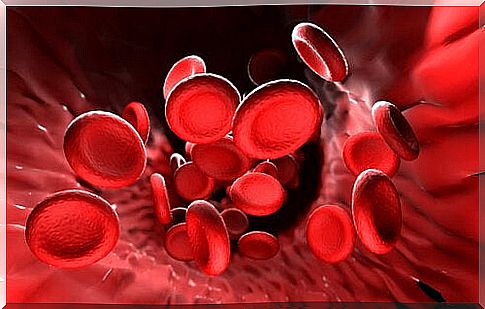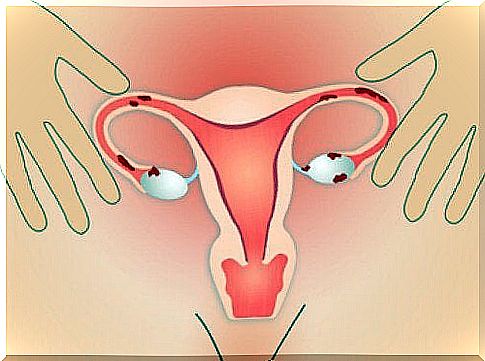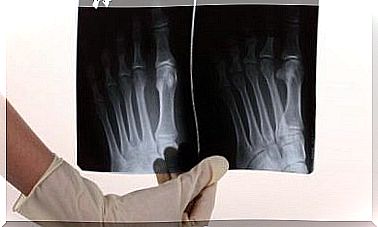Menstrual Blood Clots: 5 Facts To Consider
Menstrual blood clots are normal and not serious. But if other symptoms occur, such as B. Pain, a doctor should be consulted.

Many women pass blood clots during menstruation and this is perfectly normal. However, this should not be ignored if other symptoms occur at the same time.
Every body is unique. And every menstruation is different and every woman experiences the period in her own way. Therefore, the occurrence of blood clots during menstruation need not necessarily be a concern. Discussing this with a gynecologist doesn’t hurt, however.
So pay attention to the following data:
What are the blood clots during menstruation ?
To better understand what blood clots are that sometimes appear during menstruation, you should consider the following:
- The walls of the uterus change gradually during the cycle in order to prepare our organism for a possible pregnancy. They expand and new tissue is created to accommodate the fetus during pregnancy.

- If pregnancy does not occur, the resulting tissue slowly detaches from the walls and menstruation occurs.
- When we have a wound, the blood coagulates. This is a protective function of our body in order to avoid increased blood loss. Nonetheless, blood flow should be easier during the period in order to be cleared easily.
- This is why the uterus produces an anticoagulant. When menstrual bleeding is heavy, the natural anticoagulant is insufficient and clots develop.
- These clots can be between 5 mm and 4 cm in size. As already mentioned, they occur in women who have heavy menstrual bleeding. In women with less bleeding, this usually does not occur.
- These clots usually appear at night. The blood clots and forms a dense mass of blood and this can be unsettling.
What should you watch out for if you have blood clots during menstruation?

1. Iron deficiency
Iron deficiency can often become a serious headache for women.
- Heavy menstrual bleeding can lead to a disruption of iron levels. On the other hand, an iron deficiency also makes it more difficult for the uterus to produce the necessary anticoagulant. This in turn leads to a vicious circle because more blood clots are formed.
- So don’t be afraid to have regular blood tests to avoid a possible iron deficiency from a nutritional supplement.
2. Hormonal imbalances
Both postpartum women and adolescents can have blood clots during menstruation.
This is due to small hormonal imbalances in estrogen or progesterone, which can also occur before menopause.
3. Miscarriage
If you suspect you may be pregnant and you have blood clots with a yellow or gray haze on them, it could be a miscarriage.
In this case, you should see a gynecologist.
4. Endometriosis
Endometriosis is the so-called silent disease that many women suffer from. If menstruation is very painful and debilitating, it could be endometriosis.
- Endometriosis affects the female reproductive organs. A dense tissue is created around the uterus and other organs, which leads to pain. Therefore, more blood clots develop.

5. Gynecological diseases
It is normal for many women to develop blood clots during menstruation. However, if this is accompanied by pain, you should see a doctor.
- Pelvic inflammation (inflammation of the pelvis) causes severe pain. It is usually accompanied by blood clots during menstruation.
- This disease, caused by a bacterium, causes inflammation that affects the cervix, uterus, fallopian tubes, or ovaries.
- This inflammation is very painful and very common. For this reason, you should consult a doctor if you have any doubts or any complaints.
Fibroids or cysts also cause blood clots during menstruation. It is therefore advisable to have regular medical examinations carried out in order to rule out possible diseases.









